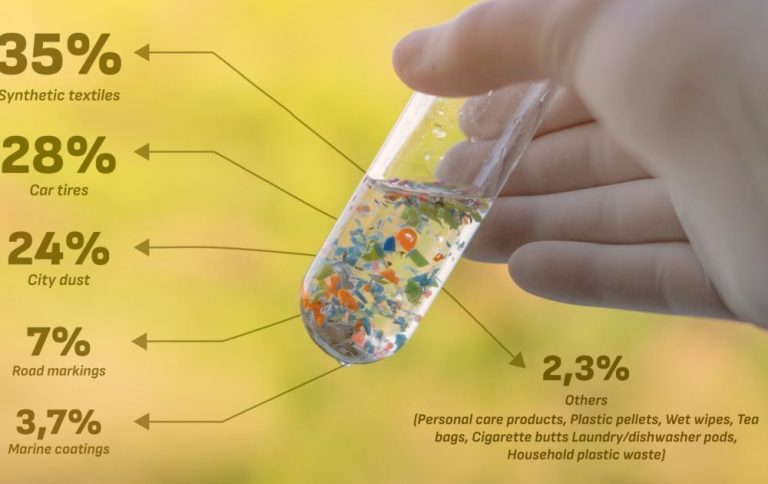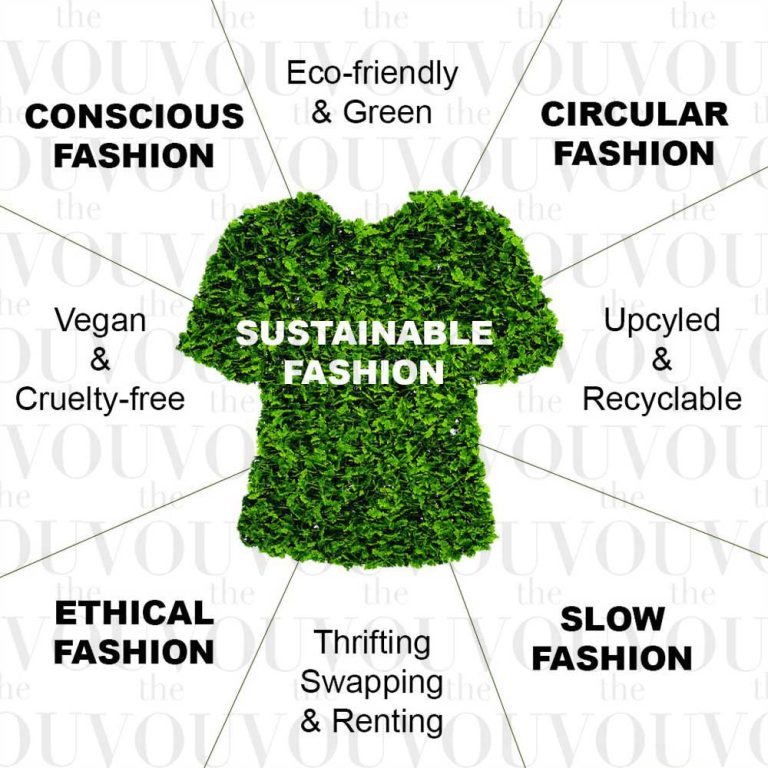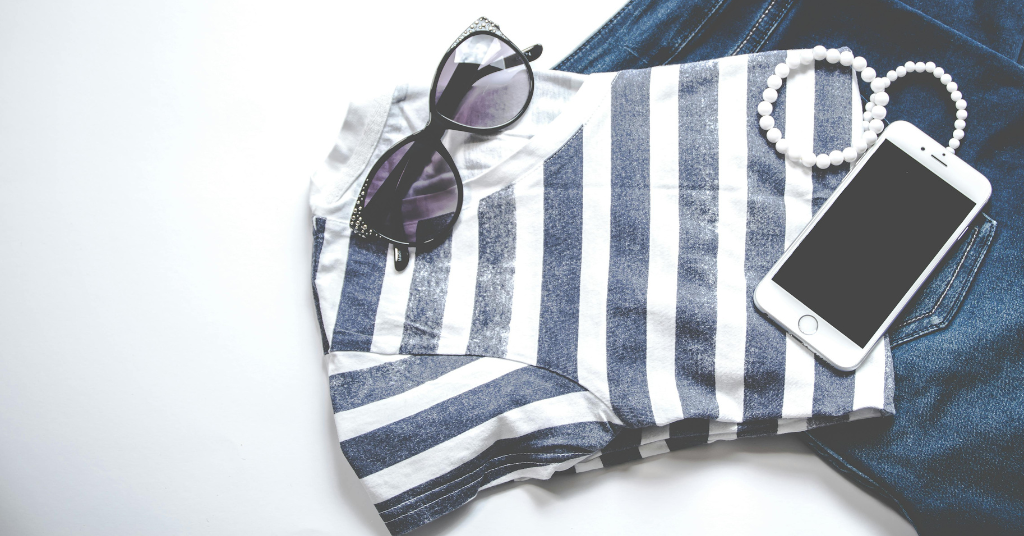As the world grapples with the challenges of climate change, more people are becoming aware of how their daily habits, especially their shopping choices affect the planet. Fashion, one of the most polluting industries in the world, is also a key area where sustainable choices can make a significant impact. According to a 2022 report by the Ellen MacArthur Foundation, the fashion industry is responsible for 10% of global carbon emissions and is the second-largest consumer of water globally. The industry’s carbon footprint is set to grow by 50% by 2030 unless urgent changes are made.
When it comes to summer fashion, the need for sustainable and ethical choices becomes even more pressing. The hot summer months often require lighter fabrics, which tend to be made from synthetic materials like polyester or nylon. Unfortunately, these fabrics are derived from petroleum-based products and are not biodegradable. When washed, they shed microplastics that contribute to ocean pollution. According to a study by the International Union for Conservation of Nature (IUCN), textile fibers make up 35% of primary microplastics found in the ocean.

Source: Lasting Health
By promoting cleaner, more responsible production methods, FF55 helps create a framework for sustainable growth, pushing for the reduction of textile waste, water consumption, and the carbon footprint associated with fashion.
Sustainable fabric choices
To make more environmentally responsible clothing choices this summer, it’s crucial to focus on fabrics that are both sustainable and breathable. Natural fibers like organic cotton, hemp, and linen are excellent alternatives to synthetic materials. Organic cotton, for example, uses 91% less water compared to conventional cotton, according to the Textile Exchange. Hemp, one of the most sustainable materials, requires very little water and pesticides to grow, and its fibers are durable, breathable, and biodegradable.
In addition to natural fibers, there’s a growing trend towards clothing made from recycled materials. Companies like Patagonia and Reformation are leading the charge by using recycled fabrics like recycled polyester or upcycled denim, reducing the need for virgin materials and lowering waste. According to the World Economic Forum, the fashion industry is responsible for around 92 million tonnes of waste each year. Recycled fabrics help mitigate this environmental burden.
Ethical Fashion Brands
It’s also important to consider the ethical implications of the brands you support. According to a 2021 survey by McKinsey & Company, 66% of consumers say they are willing to pay more for sustainable products, with the most popular attributes being eco-friendly materials and fair wages for workers.

Source: HowNow Magazine
Some notable brands making a significant impact on the sustainable fashion industry include:
- Patagonia: Known for using sustainable materials and transparent production processes, Patagonia also donates 1% of sales to environmental causes.
- Everlane: A leader in transparent pricing and ethical production, Everlane offers summer staples made from organic cotton and recycled materials.
- Reformation: This brand is committed to sustainability, producing clothing with vintage fabrics and sustainably sourced materials.
Impact of sustainable fashion choices
Making conscious decisions in fashion can drastically reduce one’s environmental footprint. For instance, buying one pair of jeans from a sustainable brand can save up to 9,000 liters of water compared to conventional denim production, according to a report from the Water Footprint Network. Additionally, supporting ethical brands ensures fair wages for garment workers, many of whom work in unsafe conditions in developing countries.
How you can help
When shopping for summer clothing, prioritize natural or recycled fabrics. Look for brands with strong sustainability initiatives, and opt for second-hand clothing or clothing swaps. Not only will you be reducing waste, but you’ll also be supporting a growing movement that aims to make the fashion industry more ethical and eco-friendly.




